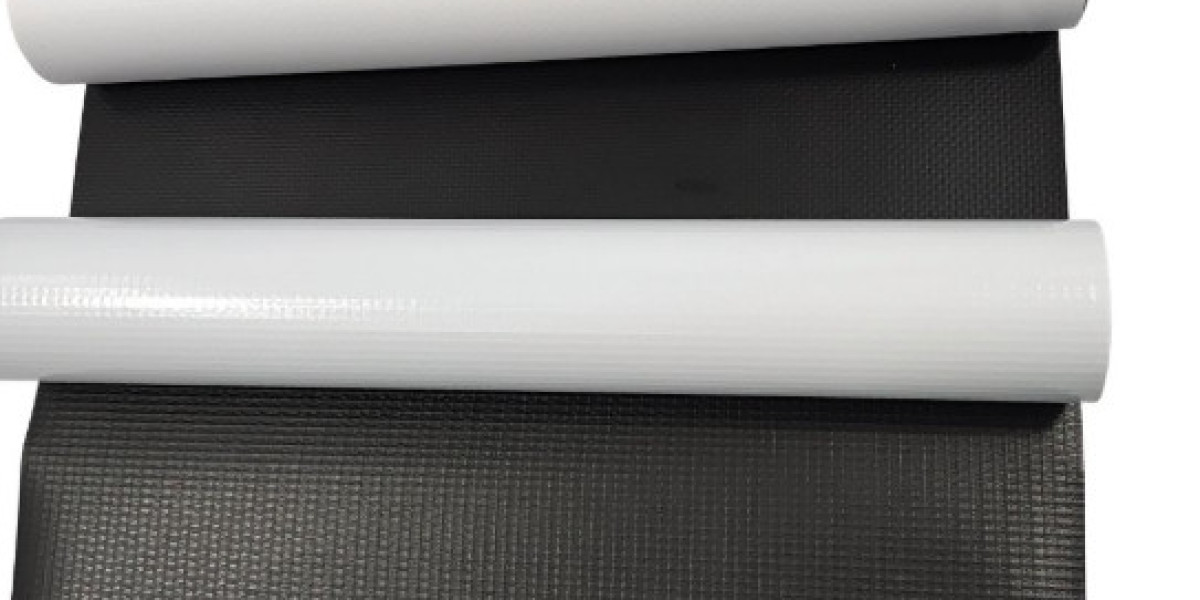? Understanding the Nature of an Essay
At its core, an write my essay https://www.resellerratings.com/store/WriteMyEssay is a structured form of written expression that conveys the author's perspective on a particular topic. It is more than a compilation of facts—it’s a deliberate attempt to inform, persuade, analyze, or narrate. Essays serve as intellectual vessels that bridge thought and language, allowing writers to engage with readers through reasoned arguments or creative storytelling.
The word “essay” originates from the French essayer, meaning “to try” or “to attempt.” This perfectly encapsulates the nature of essay writing: the attempt to explore ideas, communicate insights, and probe deeper into subjects. Whether academic or personal, essays demand clarity of thought and purposeful structure.
Essays typically comprise:
- An introduction that sets the context
- Body paragraphs that develop the main ideas
- A conclusion that reinforces the thesis and leaves a lasting impression
? Exploring the Different Types of Essays
Different essay types serve different rhetorical goals. Knowing which type to use shapes your style, vocabulary, and argument strategy.
1. Narrative Essays
These are stories with a purpose. They center on personal experiences and reflect the writer’s journey or lesson learned.
Example:
A high schooler recounts how moving to a new country changed their worldview.
Narrative essays often feature:
- A chronological sequence
- Emotional tone
- First-person point of view
2. Descriptive Essays
A descriptive essay immerses readers in rich sensory experiences. It paints a mental picture using vivid imagery and precise language.
Example:
Describing a bustling street market in Marrakech.
Use:
- Strong adjectives and figurative language
- Senses (sight, sound, smell, taste, touch)
- A dominant impression or mood
3. Expository Essays
Expository essays aim to explain a concept or process. They rely on evidence and logical structure without emotional appeal.
Example:
Explaining how blockchain technology works.
Effective expository writing includes:
- Clear definitions
- Step-by-step explanations
- Objective tone
4. Persuasive Essays
Persuasive writing convinces the reader of a specific viewpoint. It combines logical reasoning, emotional appeal, and credible evidence.
Example:
Arguing why recycling should be mandatory.
Success comes from:
- Well-researched facts
- Counterarguments and rebuttals
- Passionate but respectful tone
5. Analytical Essays
These essays dissect and examine elements of a text, event, or issue. They identify patterns, meanings, and deeper implications.
Example:
Analyzing the theme of isolation in The Catcher in the Rye.
Analytical writing leans on:
- Close reading
- Interpretation of techniques or data
- Well-supported conclusions
? Anatomy of a Strong Essay Structure
Regardless of type, a solid essay follows a thoughtful framework that guides the reader smoothly from start to finish.
? Introduction
The intro sets expectations and introduces the main idea or argument. A strong introduction includes:
- A hook that grabs attention (question, quote, fact)
- Brief context for the topic
- A clear and focused thesis statement
Thesis example:
“Although social media fosters connection, its addictive features contribute to rising anxiety among teens.”
? Body Paragraphs
The body is the engine that drives your argument or narrative. Each paragraph should:
- Start with a topic sentence
- Offer supporting evidence (quotes, examples, data)
- Include analysis or explanation
- Use smooth transitions between ideas
Ideal organization follows the “PEEL” method:
- Point
- Evidence
- Explanation
- Link to next idea
? Conclusion
The conclusion revisits your thesis and crystallizes your insights. A good closing:
- Summarizes main points
- Reinforces the argument
- Offers a reflective thought or call to action
Memorable finish:
“We must not abandon digital tools—but we must reclaim our attention and balance connection with mindfulness.”
✍️ Crafting a Killer Thesis Statement
Your thesis is your essay’s compass. It tells readers what you’ll argue and keeps your writing focused.
What makes a thesis great?
- Clarity: Say exactly what you mean—no ambiguity.
- Specificity: Be precise in scope and focus.
- Arguability: Make it a claim that could be challenged.
Weak thesis:
“Pollution is bad.”
Strong thesis:
“Industrial pollution from urban factories is the leading cause of ecosystem decline in coastal regions, requiring immediate policy reform.”
Position your thesis at the end of the introduction, and let every part of your essay connect back to it.








